Copyright Protection in Food Plating
IP and Legal Filings
OCTOBER 8, 2023
Plating is in itself an art and in this article, we will discuss whether the Indian copyright law protects how a dish is presented by a chef. It was also held in this case that in the case of a work inspired by already existing works, the new or ‘derivative work’ should be considerably different from the existing works.

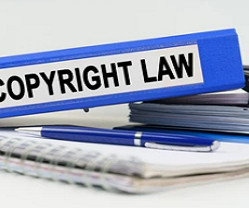
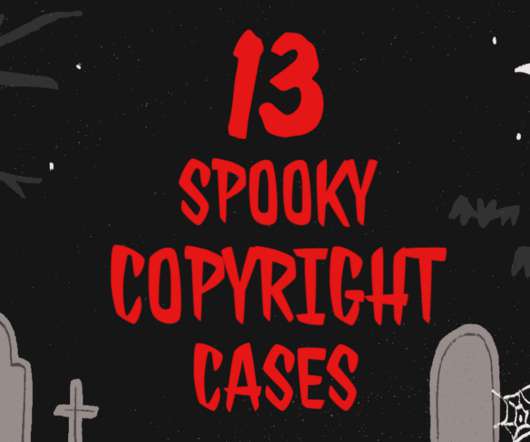
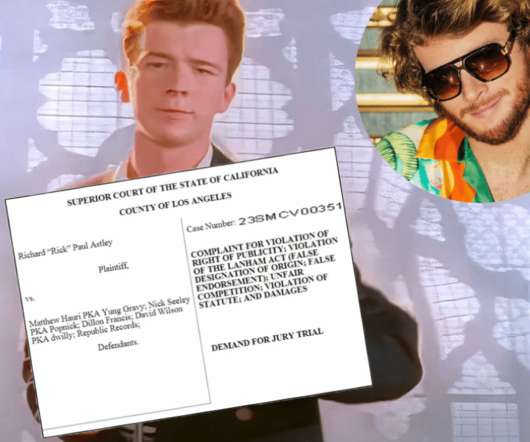
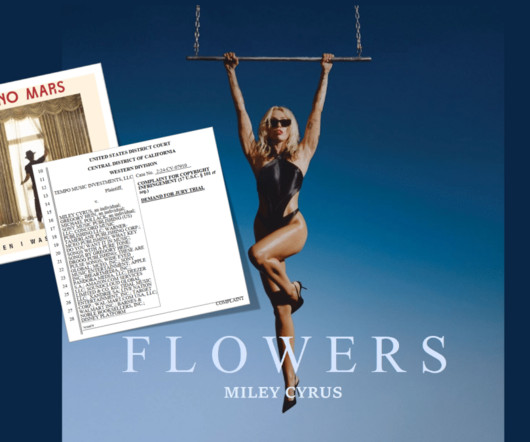
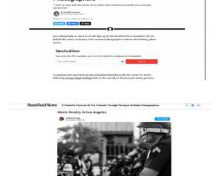







Let's personalize your content